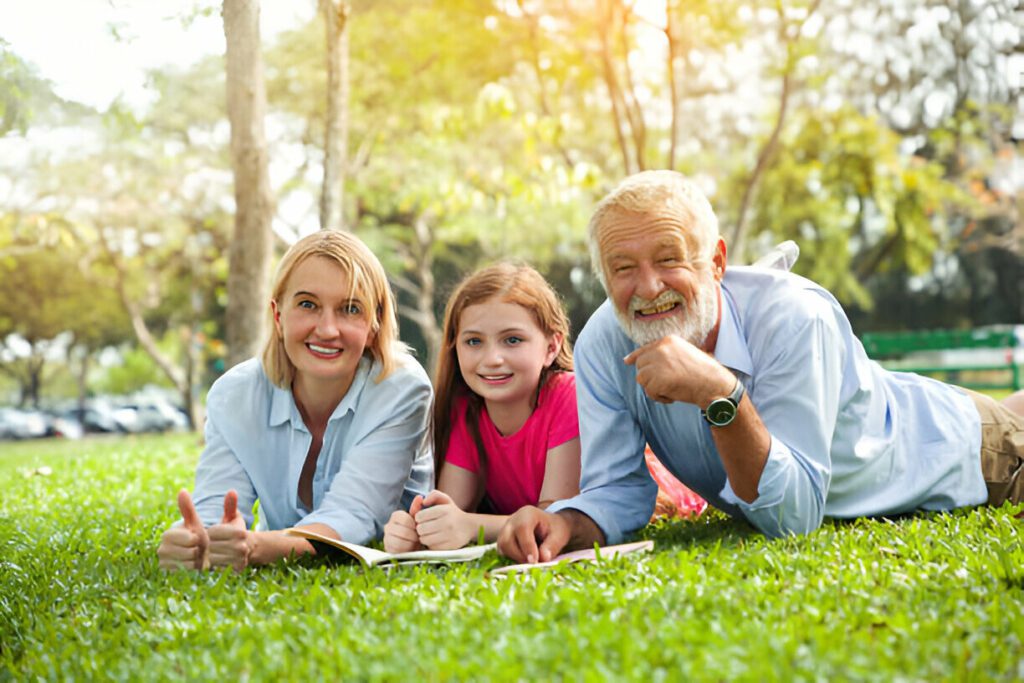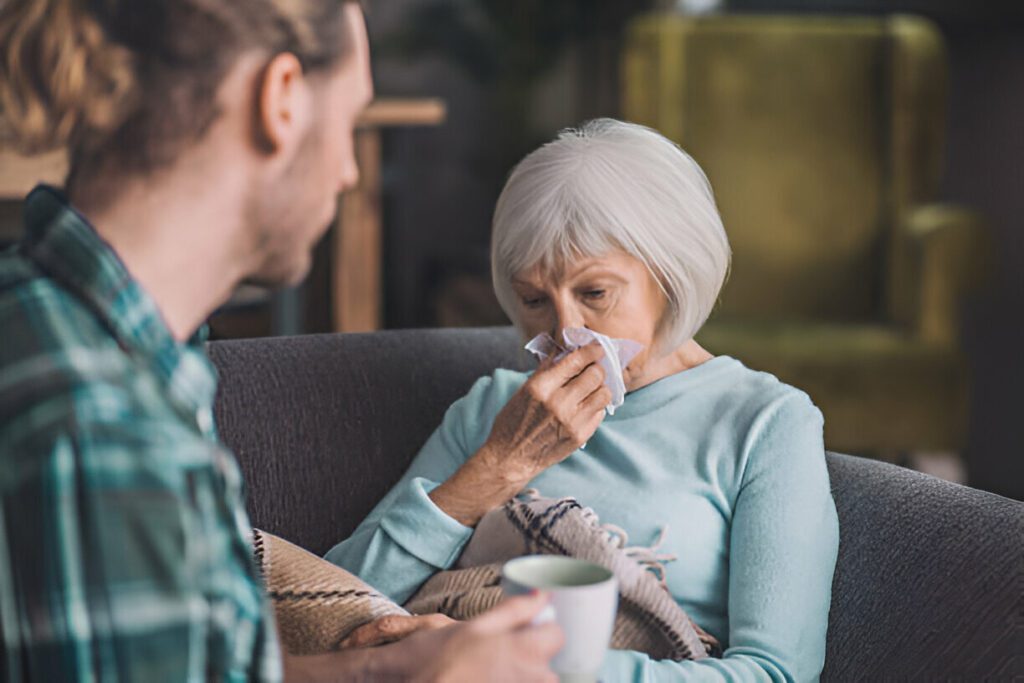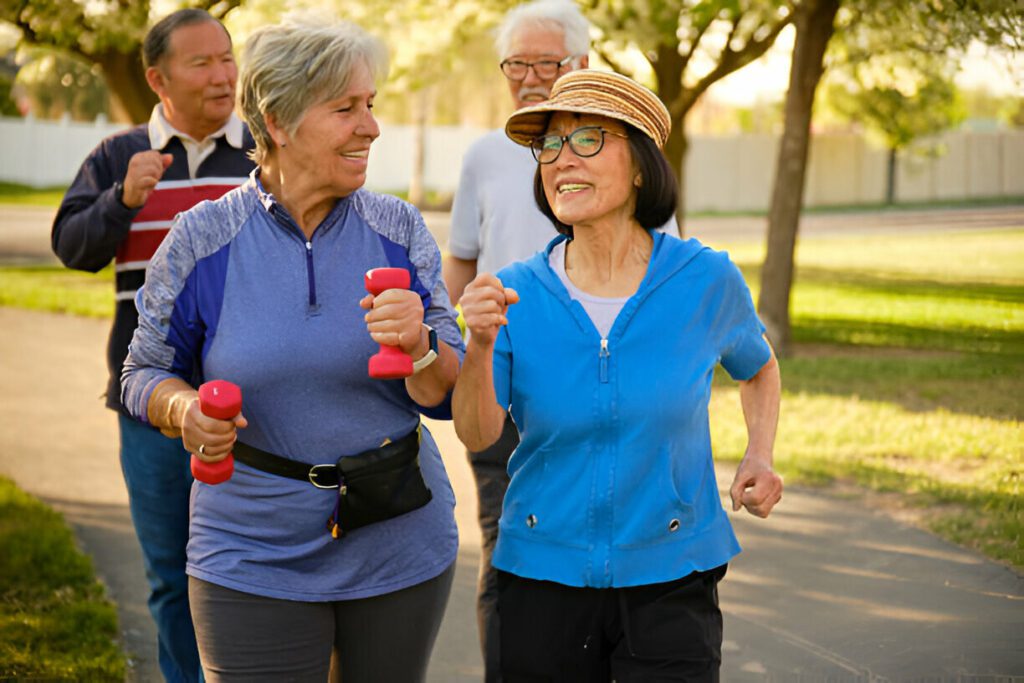Senior Summer Safety: 10 Essential Tips for a Healthy Season

Do you know that seniors are more susceptible to heat-related illnesses and injuries? As we age, our bodies do not sweat as much as younger ones because the cardiovascular systems often become less efficient. This inefficiency further results in reduced blood circulation, which impairs the body’s ability to release heat through the skin’s blood vessels. Moreover, older adults also store fat differently, which can further complicate the heat-regulating mechanism in the body. This is why seniors are more prone to hyperthermia & heat-related illnesses than young ones. To address these issues, they require extra care and should incorporate the following summer safety tips for seniors in their daily routines. Before getting into these tips, here are the symptoms that indicate heat-related illness in your dear ones:
Symptoms of Heat-related illness
 Heat Edema
Heat Edema
Heat edema is swelling of the ankles and feet caused by prolonged exposure to high temperatures. This condition occurs when blood vessels dilate in response to heat, causing fluid to accumulate in the lower extremities. It is particularly common among older adults and individuals who are not accustomed to hot climates.
Heat Syncope
It refers to sudden dizziness or fainting that occurs after prolonged standing or physical activity in hot weather. Heat Syncope results from the dilation of blood vessels and a decrease in blood flow to the brain, often exacerbated by dehydration.
Heat Exhaustion
Heat exhaustion is a condition that arises when the body overheats and cannot cool down effectively. Symptoms include muscle weakness, cramps, heavy sweating, nausea, vomiting, rapid pulse, lightheadedness, and fainting. It often occurs in individuals exercising or working in hot, humid conditions.
Heat Stroke
Heat stroke is the most severe form of heat-related illness and requires immediate medical attention. It occurs when the body’s core temperature exceeds 105 degrees Fahrenheit, leading to a failure in the body’s ability to sweat and cool down. Symptoms include confusion, agitation, altered mental state, loss of consciousness, red and dry skin, dizziness, fainting, slurred speech, and seizures. Untreated heat stroke can damage the brain, heart, kidneys, and muscles, potentially leading to severe complications or death.
If you have suspected any of these symptoms, here are 10 important safety tips for seniors in the summer that you need to follow:
Summer Safety Tips For Seniors
 Hydration
Hydration
Seniors should drink plenty of water throughout the day to prevent dehydration. Carrying a water bottle and taking regular sips is a good practice, even if they don’t feel thirsty. It will help in maintaining bodily functions, supports joint health, and aids in digestion.
Dress for the Weather
Wearing light-colored, loose-fitting clothing made of breathable fabrics like cotton helps keep your body temperature cool. Don’t forget to cover your head with a wide-brimmed hat and sunglasses to protect your eyes from harmful UV rays, causing sunburn and heatstroke.
Use Sunscreen
Applying a broad-spectrum sunscreen with an SPF of at least 30 to stay protected from harmful UV rays. Sunscreen prevents sunburn and reduces the risk of skin cancer or heat rash. Don’t forget to cover all exposed skin, including ears, neck, and the tops of feet.
Peak Sun Hours
The sun’s rays are strongest between 10 AM and 4 PM. Seniors should try to stay indoors during these hours or seek shade outside. Plan outdoor activities in the early morning or late afternoon. Staying indoors during these hours can reduce the risk of heat exhaustion and heatstroke.
Be Mindful of Medications’ Side Effects
Some medications can increase sensitivity to the sun and heat. Consult your healthcare provider regarding any potential side effects.
Stay Active Safely
Light physical activities like walking, swimming, or stretching are beneficial, but they should be done during cooler times of the day, such as early morning or late evening. Indoor activities such as chair yoga or light aerobics can also keep seniors active without the risk of overheating.
Regular Check-ups
Heat can exacerbate existing health conditions. Schedule regular checkups or monitor any warning signs of heat exhaustion or heat stroke, such as dizziness, nausea, or confusion. Keep a close eye on the body temperature and hydration levels of the elderly at your home to prevent serious health issues.
Diet and Nutrition
Another summer safety tip for seniors is to eat smaller, scheduled, cool, and light meals. This can help maintain energy levels. Therefore, include fresh fruits and vegetables for proper hydration and nutrition. Avoid heavy, hot meals that can increase body temperature.
Companionship and Supervision
You need to ensure that seniors at your home are not left alone for extended periods during hot days. You can either hire someone who offers companionship for the elderly services to assist them in case of heat-related issues.
In a Nutshell
By following these summer safety tips for senior citizens, you can protect the elderly at your home against heat waves. If you need professional assistance, then you can reach out to Family Ties Home Care. We offer comprehensive companion and personal care services to ensure the safety and well-being of your loved ones. Our dedicated caregivers offer personalized attention to assist with daily activities, ensuring a comfortable and healthy living environment for the elderly. Visit our website for more detailed information about our services.
